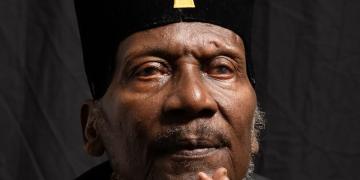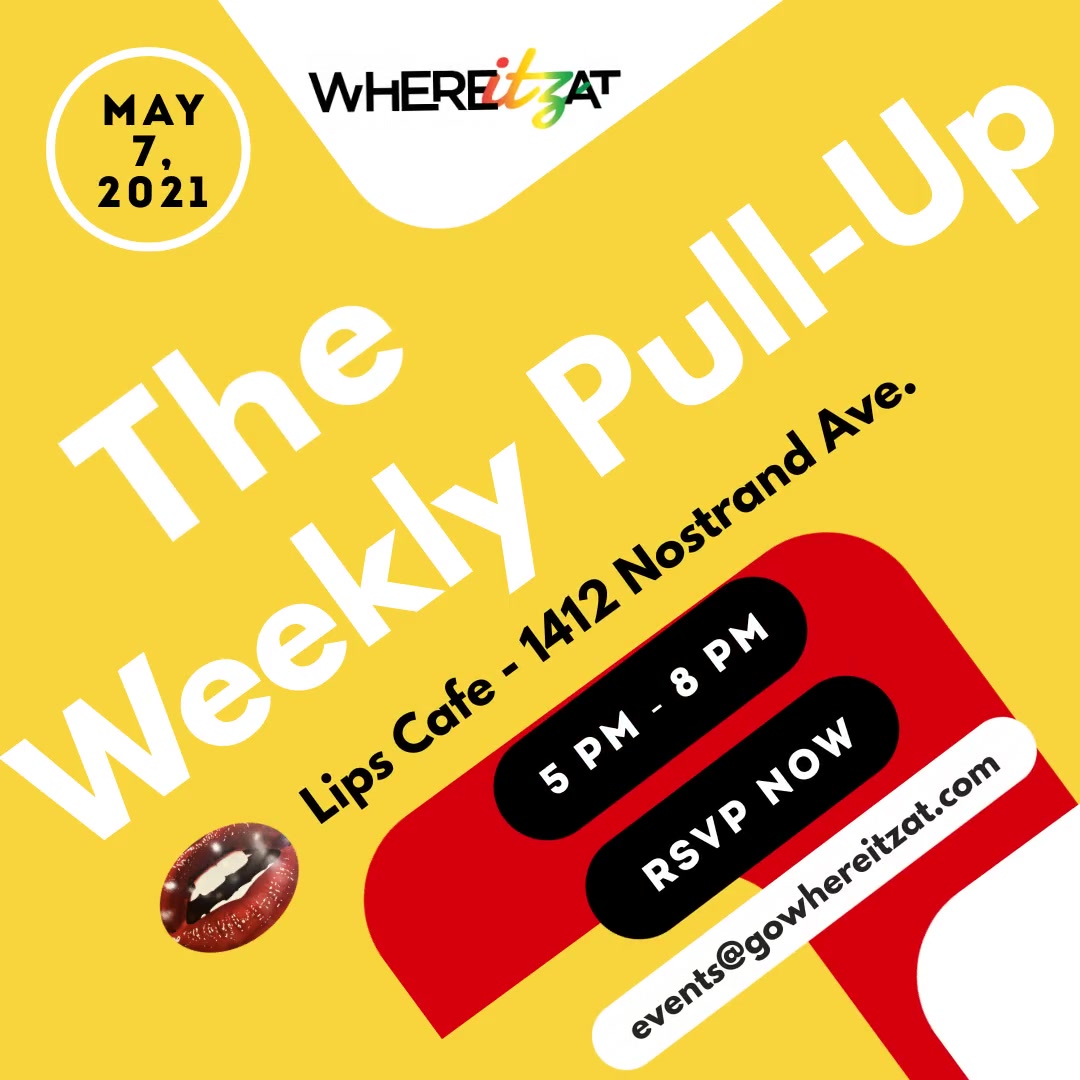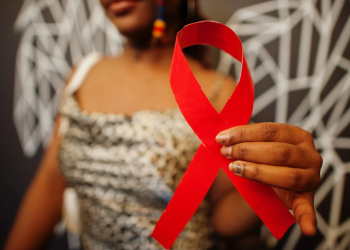
By Maurice Hinson, MD
While COVID19 dominated our attention over the past several years, a pandemic of even greater proportion continued to decimate our communities. Heart disease continues to be the leading cause of death in the U.S. Each year about 697,000 people die from heart disease, which has resulted in nearly double the number of deaths caused by COVID19 since its emergence in 2020. Yet, heart disease, which is nearly entirely preventable, has received significantly less funding for preventative services comparatively. It is known that obesity, high blood pressure, diabetes, high cholesterol, and smoking are among the most well-known modifiable risk factors for heart disease. And as of March 31, 2021, NY residents have legal access to an immensely powerful therapeutic which targets these risk factors – Cannabis.
While most popular for its psychoactive effects, there’s an evolving body of scientific research which highlights the medicinal properties of cannabis. With 700+ strains, 100+ cannabinoids, and a myriad of extraction and consumption methods, cannabis has become one of the hottest targets for new drug development. The following examples highlight the scientific evidence demonstrating the role of cannabis as a potential therapeutic target for heart disease, specifically in the attenuation of its known risk factors.
Obesity
The most widely known cannabinoids are THC and CBD. However, there is a similarly structured cannabinoid, THCV, which has several unique properties that aid in weight loss. Several studies which used diet-induced obese mice have demonstrated that treatment with THCV resulted in decreased appetite, increased satiety (the feeling of fullness), and increased energy metabolism. This, subsequently, resulted in decreased food intake, and body weight reduction1,2. Durban Poison, Malawi Gold, Pineapple Purp, Jack the Ripper, and Pink Boost Goddess are among the known cannabis strains with the highest THCV concentration.
High blood pressure
There are several classes of pharmacologic agents that are used to treat hypertension- each with their own specific mechanism of action in reducing blood pressure. These include calcium channel blockers (e.g. amlodipine), beta blockers (e.g. metoprolol), diuretics (e.g. hydrochlorothiazide), vasodilators (e.g. hydralazine), ACE inhibitors (e.g. lisinopril), Angiotensin receptor blockers (e.g. losartan) etc. Cannabis, specifically CBD, has been shown to reduce blood pressure by several pathways, including direct inhibition of calcium influx (i.e. calcium channel blocker) and direct vasodilation by increasing the availability of nitric oxide, a well-known potent vasodilator3,4.
Diabetes
Diabetes Mellitus is classically categorized as either Type 1 (insulin deficiency as a result of pancreatic β-cell dysfunction) or type 2 (insulin resistance/desensitization). Type II is the most prevalent and typically develops as a result of poor dietary habits. Several studies have demonstrated a novel role of cannabis in diabetes prevention and management. A 2006 study published in Autoimmunity found that CBD reduced the incidence of diabetes in mice by decreasing the production and activity of inflammatory cytokines which destroyed pancreatic β-cells. This improved pancreatic β cell expression and function and, subsequently, increased the production of insulin5. Several studies have also shown that THCV both improves pancreatic β-cell function, thereby, increasing insulin production as well as increases insulin sensitivity6,7. These findings have immense implications on the prevention and management of both Type 1 and Type II diabetes.
High cholesterol
Thomas et al. (2005) demonstrated that THCV resulted in decreased triglycerides, decreased total cholesterol, and increased HDL (good cholesterol)8. Furthermore, CBD is thought to play an indirect role in the development of atherosclerosis by dampening the inflammatory pathway that converts cholesterol into atherosclerotic plagues9,10. These plagues are responsible for coronary artery and neurovascular blockages which result in heart attacks and strokes, respectively.
The findings presented here highlight the immense potential for cannabis to aid in the promotion of optimal heart health. Although there is considerable evidence that promotes the use of cannabis for the prevention and/or management of heart disease, there is also evidence that cannabis can actually worsen heart disease, and predispose people to severe adverse cardiac events, like heart attack, stroke, and even death. Researchers have attributed these adverse events to certain cannabis strains, dosages, and consumption methods. Therefore, it is ABSOLUTELY IMPERATVE to discuss your options with a licensed provider who is trained and experienced with cannabis prior to consuming.
For a free consultation and evaluation of eligibility for medical cannabis, please visit us at www.medirootz.com and schedule an appointment to speak with our licensed and trained providers.
Maurice D. Hinson, MD is the Founder/CEO of MediRootz Medical Group, a telehealth based primary care practice committed to providing equitable access to high value primary care. Dr. Hinson received his BA in Neuroscience from Johns Hopkins University, his Medical Degree from Drexel University College of Medicine, and completed his residency in Internal Medicine at New York Presbyterian Weill Cornell Medical Center.
References
- Wargent ET, Zaibi MS, Silvestri C, Hislop DC, Stocker CJ, Stott CG, Guy GW, Duncan M, Di Marzo V, Cawthorne MA. The cannabinoid D(9)-tetrahydrocannabivarin (THCV) ameliorates insulin sensitivity in two mouse models of obesity. Nutr Diabetes. 2013;3(5):e68.
- Tudge L, Williams C, Cowen PJ, McCabe C. Neural effects of cannabinoid CB1 neutral antagonist tetrahydrocannabivarin on food reward and aversion in healthy volunteers. Int J Neuropsychopharmacol. 2015;18(6):1–9.
- Ho WS, Hiley CR. Vasodilator actions of abnormal-cannabidiol in rat isolated small mesenteric artery. Br J Pharmacol 2003; 138: 1320–32.
- Stanley CP, O’Sullivan SE. Characterisation ofcannabidiol-induced vasorelaxation in human mesenteric arteries. Proceedings of the British Pharmacological Society.2011.
- Weiss L, Zeira M, Reich S, et al.. Cannabidiol lowers incidence of diabetes in non-obese diabetic mice. Autoimmunity2006;39:143–151
- De Petrocellis L, Ligresti A, Moriello AS, Allarà M, Bisogno T, Petrosino S, et al. Effects of cannabinoids and cannabinoid-enriched cannabis extracts on TRP channels and endocannabinoid metabolic enzymes. Br J Pharmacol. 2011;163:1479–1494.
- Jadoon KA, Ratcliffe SH, Barrett DA, Thomas EL, Stott C, Bell JD, O’Sullivan SE, Tan GD. Efficacy and safety of cannabidiol and tetrahydrocannabivarin on glycemic and lipid parameters in patients with type 2 diabetes: a randomized, double-blind, placebo-controlled, parallel group pilot study. Diabetes Care. 2016;39(10):1777–1786.
- Thomas A, Stevenson LA, Wease KN, Price MR, Baillie G, Ross RA, Pertwee RG. Evidence that the plant cannabinoid D9-tetrahydrocannabivarin is a cannabinoid CB1 and CB2 receptor antagonist. Br J Pharmacol. 2005;146:917–926.
- Kumari M, Grahame-Clarke C, Shanks N, Marmot M, Lightman S, Vallance P. Chronic stress accelerates atherosclerosis in the apolipoprotein E deficient mouse. 2003;6:297–9. [PubMed] [Google Scholar]
- Toot JD, Reho JJ, Novak J, Dunphy G, Ely DL, Ramirez RJ. Colony social stress differentially alters blood pressure and resistance-sized mesenteric artery reactivity in SHR/y and WKY male rats. 2011;14:33–41.
























